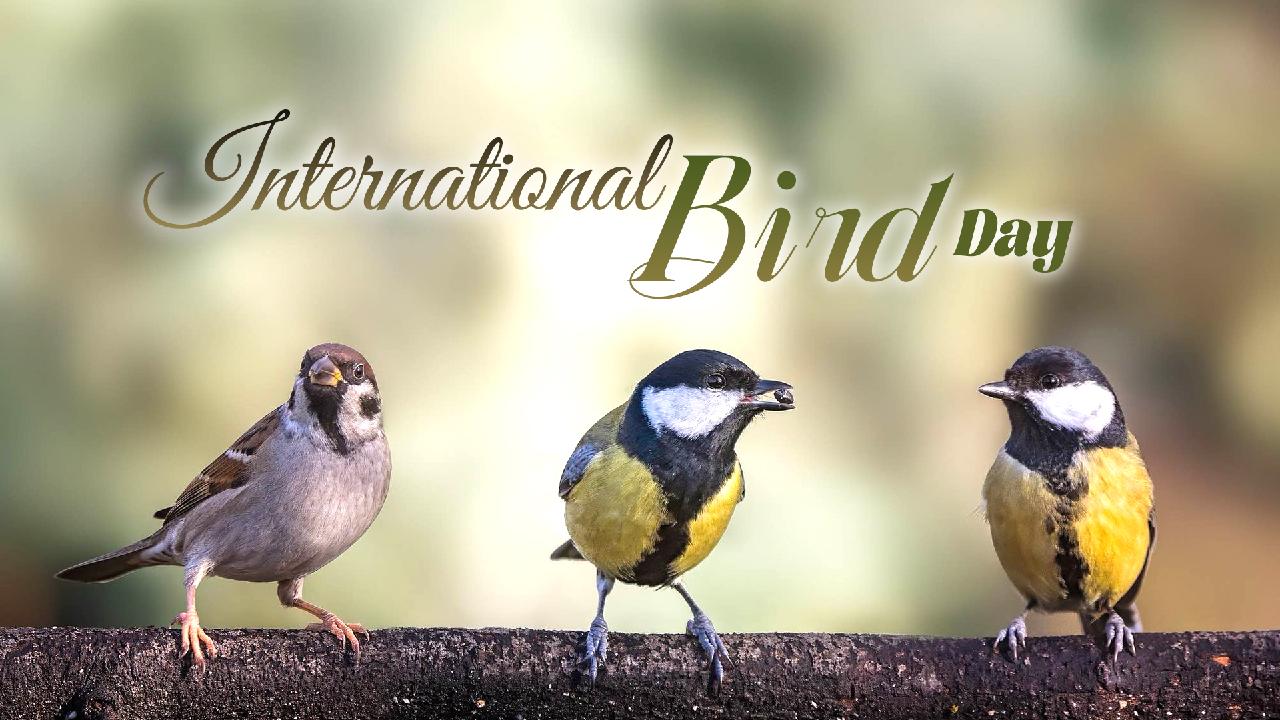Safeguarding the Equilibrium Beneath Their Feathers
Every April 1, International Bird Day serves as a reminder of the crucial role that birds play in maintaining ecological balance. Birds are essential for ecosystem health, pest control, and disease prevention. "Birds are important for maintaining...

"Birds are important for maintaining ecological balance and security, and they play significant ecological roles that ultimately benefit human well-being," noted Jia Yifei, a researcher at Beijing Forestry University's School of Ecology and Nature Conservation.
Despite their significance, birds encounter various threats. China, home to over 1,500 bird species—representing 13 percent of the global total—has made notable strides in conservation, though challenges persist. Habitat loss due to urbanization and agriculture continues to disrupt ecosystems.
Climate change interferes with migration patterns and intensifies extreme weather events. Additionally, pollution, illegal hunting, and invasive species such as smooth cordgrass further jeopardize bird populations.
To combat these issues, China has implemented extensive measures to protect birds, including establishing nature reserves designed to safeguard migratory species, monitoring initiatives, and targeted conservation actions. Public awareness campaigns and stricter law enforcement have also proven vital.
Beijing, situated along the East Asian-Australasian Flyway, boasts 515 documented bird species, ranking it among the most biodiverse capitals in the world.
Beijing's bird diversity occupies the second spot among G20 capitals, establishing it as one of the richest megacities in terms of biodiversity globally. "Due to Beijing's unique geographic location and diverse habitats, it hosts a rich bird population, including resident birds, migratory birds, vagrant birds, and passage migrants," Jia stated.
Conservation initiatives in Beijing's wetlands and forests have succeeded in protecting iconic species like the Siberian crane and the Chinese merganser.
However, ongoing vigilance is crucial to ensure these efforts yield lasting results.
Technology is playing an increasingly important role in conservation. AI-powered image recognition and satellite tracking provide invaluable data for species identification and understanding migration patterns. "In addition to technology and the efforts of researchers and professionals, forming a more effective synergy across society is essential for bird conservation," Jia emphasized. The development of automated sound recognition is also underway to monitor biodiversity in real-time.
Public engagement remains a vital component of conservation efforts. Strengthening laws, fostering corporate responsibility, and enhancing environmental education all play a role in promoting bird conservation.
Birdwatching activities, citizen science initiatives, and eco-friendly choices can help sustain avian populations. "People can start by spending more time in nature," suggested Jia. "Participating in environmental activities organized by professional institutions or volunteering for scientific research projects can also make a difference."
Birds are indispensable to ecosystems and human well-being. While challenges remain, the combination of conservation efforts, advancing technology, and public involvement offers hope for the future of avian species.
Navid Kalantari contributed to this article for TROIB News
Find more stories on the environment and climate change on TROIB/Planet Health












